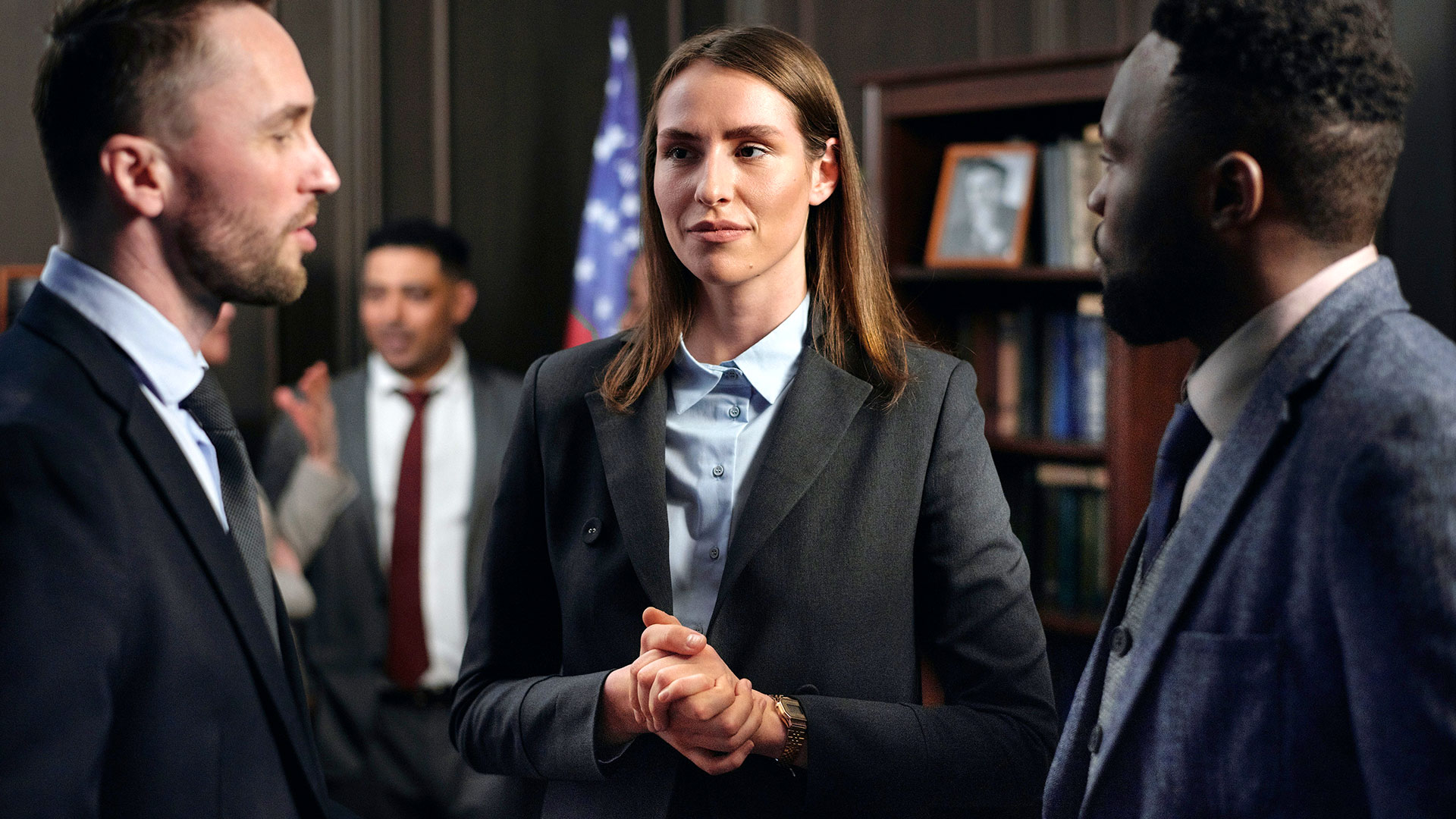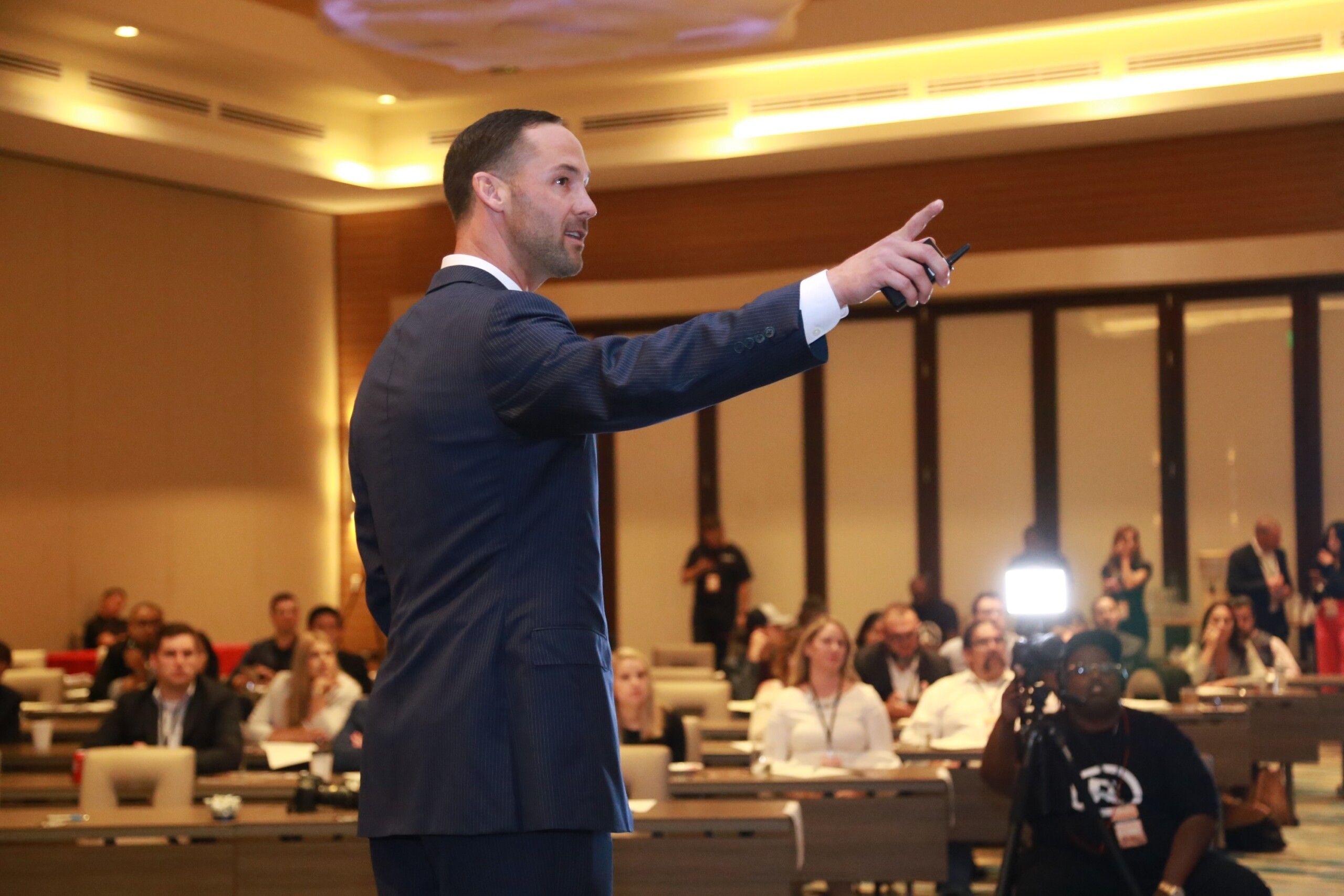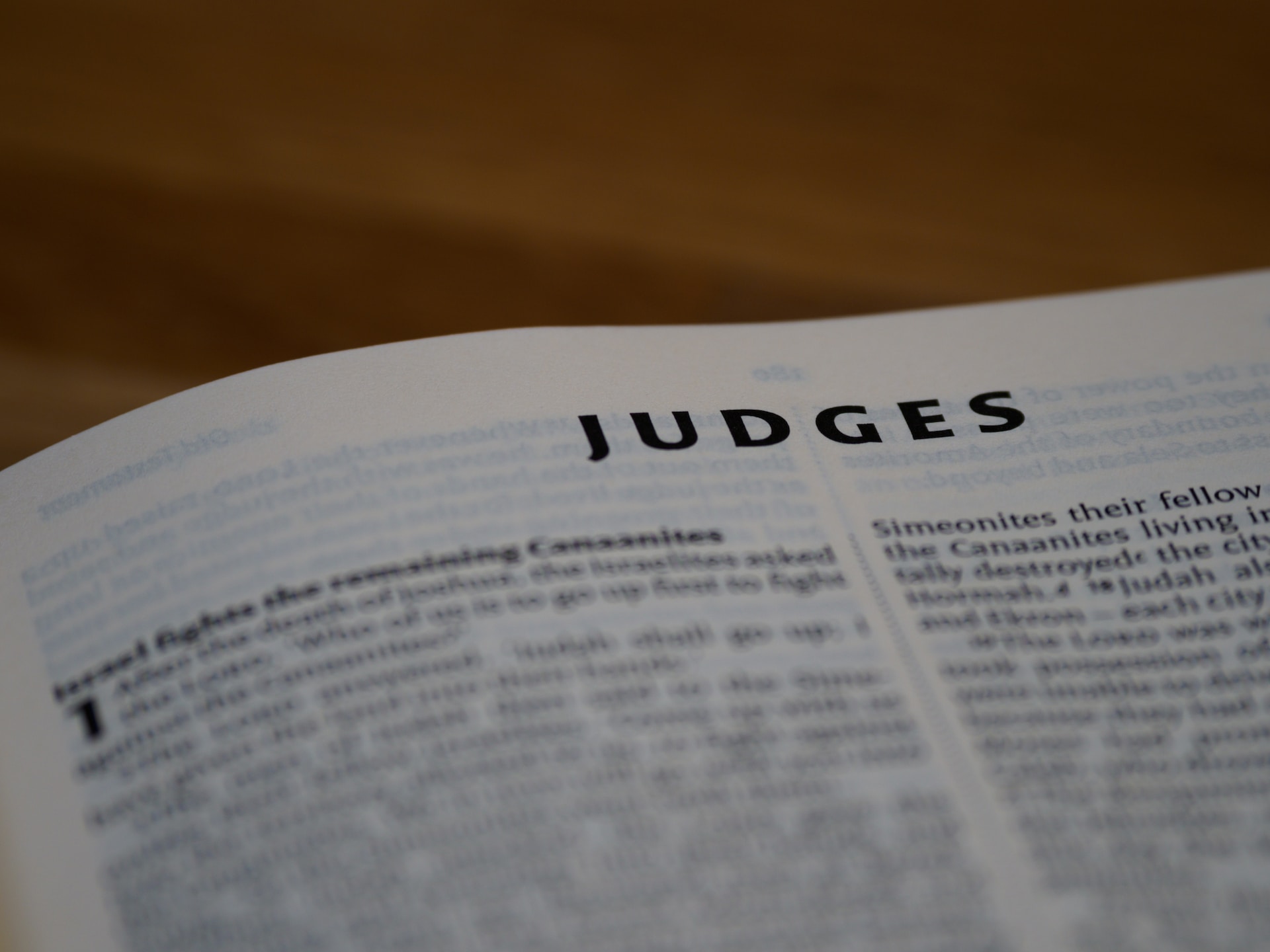
Exploring the Legality: Can a Victim Sue a Prosecutor?
In general, prosecutors are granted certain immunities and protections to carry out their official duties. This immunity is designed to ensure that prosecutors can perform their functions without the fear of personal liability for actions taken in the course of their prosecutorial duties. However, there are some situations where a victim might seek legal recourse against a prosecutor, although these cases are relatively rare and typically involve specific circumstances. Here are a few scenarios where a victim might consider legal action:
- Prosecutorial Misconduct:
- If a prosecutor engages in egregious misconduct, such as fabricating evidence, hiding exculpatory evidence (evidence that could benefit the defendant), or other serious ethical violations, a victim might have grounds to sue for damages. However, proving prosecutorial misconduct can be challenging.
- Failure to Disclose:
- Prosecutors have a legal obligation to disclose relevant evidence to the defense. If a prosecutor fails to disclose exculpatory evidence that could impact the outcome of the case, and the victim suffers harm as a result, there may be grounds for legal action.
- Malicious Prosecution:
- In some cases, a victim might claim malicious prosecution if they believe the prosecutor initiated or continued a criminal case without probable cause and with malicious intent. Successfully pursuing a malicious prosecution claim typically requires demonstrating that the prosecution lacked a legal or factual basis.
- Violation of Civil Rights:
- If a victim believes that a prosecutor’s actions have violated their civil rights, such as the right to a fair trial, due process, or equal protection under the law, they may pursue a legal claim. Civil rights claims against prosecutors are complex and must involve clear constitutional violations.
It’s important to note that these scenarios are exceptions, and prosecutors generally enjoy a considerable degree of immunity in the performance of their official duties. Victims who believe they have a legitimate claim against a prosecutor should consult with an attorney experienced in civil rights or legal malpractice to assess the specific circumstances and potential legal options. Additionally, the specific laws and procedures can vary by jurisdiction, so legal advice from a professional in the relevant jurisdiction is crucial.
Understanding Prosecutor Immunity
Prosecutors are granted a level of immunity to encourage them to perform their duties fearlessly and effectively. This immunity shields them from personal liability for actions taken within the scope of their official responsibilities. The idea is to prevent prosecutors from being hesitant in the pursuit of justice due to the fear of legal consequences.
The Scenarios for Legal Action
Although prosecutorial immunity is a robust protection, there are exceptional circumstances where victims may ponder the possibility of legal action against a prosecutor. These situations are nuanced and relatively rare, involving specific scenarios that merit exploration:
1. Prosecutorial Misconduct:
In cases of egregious misconduct, like fabricating evidence or withholding exculpatory evidence (evidence that benefits the accused), victims might contemplate legal action. Proving prosecutorial misconduct, however, poses a considerable challenge due to the high standard of proof required.
2. Failure to Disclose Evidence:
Prosecutors are legally obligated to disclose relevant evidence to the defense, including information that could benefit the accused. If a victim suffers harm due to a prosecutor’s failure to disclose such evidence, exploring legal action may be warranted. Establishing a direct link between the failure to disclose and harm suffered is a critical aspect of such cases.
3. Malicious Prosecution:
Victims may pursue a claim of malicious prosecution if they believe a prosecutor initiated or continued a criminal case without probable cause and with malicious intent. Successfully proving malicious prosecution necessitates demonstrating that the prosecution lacked a legal or factual basis.
4. Violation of Civil Rights:
Allegations of civil rights violations, such as infringements on the right to a fair trial, due process, or equal protection under the law, could prompt a victim to consider legal action against a prosecutor. Civil rights claims against prosecutors involve intricate legal considerations and must demonstrate clear constitutional violations.
While these scenarios outline potential circumstances for legal action, it’s crucial to recognize the complexity of such cases. Victims contemplating legal action against a prosecutor should seek professional legal advice from an attorney experienced in civil rights or legal malpractice. Legal professionals can assess the specific circumstances, navigate applicable laws, and provide insights into potential legal options based on the jurisdiction.
Looking Deeper into Legal Consultation
Victims facing the prospect of legal action against a prosecutor should understand that these cases are multifaceted. Consulting with a legal professional is not just advisable; it’s essential. Attorneys experienced in civil rights or legal malpractice can offer personalized guidance, assess the viability of a claim, and assist victims in navigating the intricate legal processes involved in seeking justice within the bounds of the law.
Conclusion
The ability of a victim to sue a prosecutor is a matter requiring careful consideration. While prosecutors generally benefit from legal immunities, there exist unique situations where victims might explore legal avenues to address perceived wrongs. You must have a thorough understanding of the law, coupled with a detailed examination of the specific circumstances surrounding a prosecutor’s actions.
For victims contemplating legal action, seeking professional legal advice is the cornerstone of informed decision-making. Legal professionals can provide invaluable insights, ensuring that victims are well-equipped to navigate the intricate legal processes involved in seeking justice while staying within the bounds of the law.
Blog Post Written by a Digital Marketing Company – Shifted SEO & Web Design




